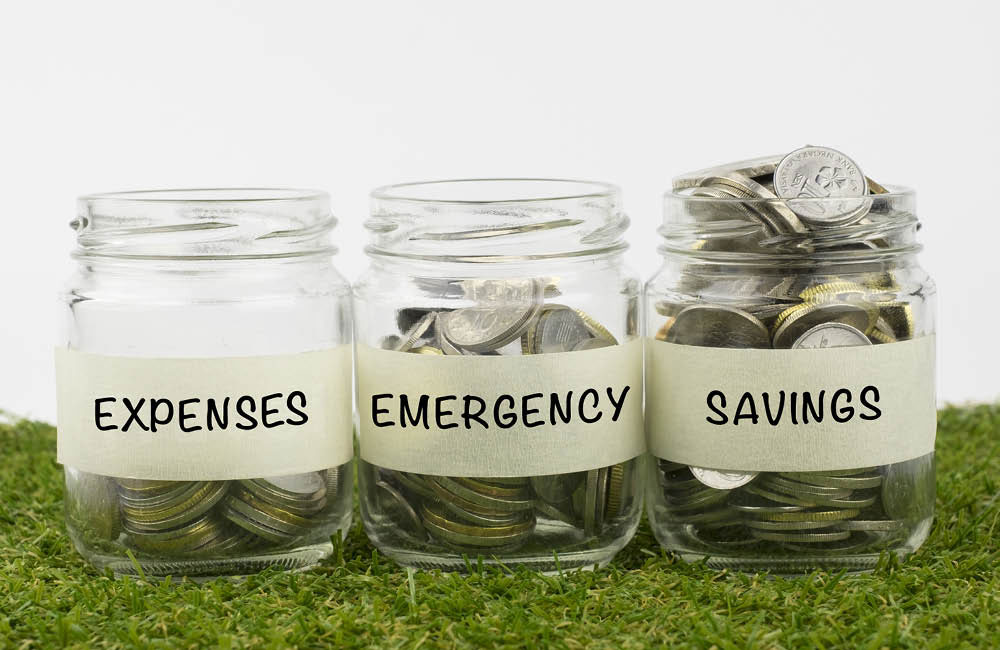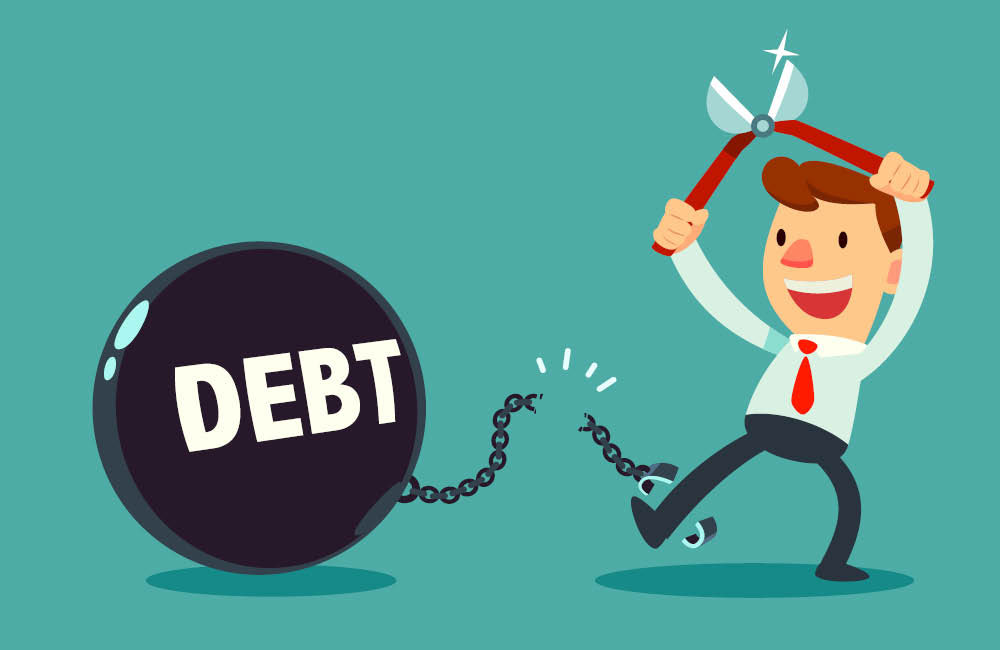In March 2020, the World Health Organization (WHO) termed COVID-19 a pandemic, and the world witnessed a significant change in the months to follow, particularly in the way people dealt with money and saving.
“Prior to the crisis, the economy wasn’t exactly booming, but people were optimistic about the future. This reflected in their savings and spending habits. People had jobs, savings, investments, and didn’t mind spending on luxury or non-essential goods/services. Youngsters were spending a lot on travel, clothes, and electronic accessories. The focus was growth as opposed to survival that the pandemic brought with it,” opines Harsh Jain, co-founder and COO at Groww, an app-based investment platform.
However, with businesses shutting shop and several employees losing their jobs (or working at reduced salaries), most were forced to rethink their spending strategies. “Savings is being looked at like never before. With interest rates on bank term deposits falling, many are also looking at low-risk investment options to keep their savings ahead of inflation,” Jain adds.
Thus, the next obvious question is, how does one plan their finances so that he/she is better equipped to tide over a crisis of this magnitude in the future? Jain has the following tips.

● Create an emergency fund – Ever since investment advisors have existed, they have recommended that people should keep an emergency fund to tide over sudden and unexpected crisis situations. Usually, the recommended amount is six months of monthly expenses. Choose investment options that offer a high level of liquidity and easy access to your emergency corpus. For this reason, liquid funds can be considered.
● Diversify investments – March was not a great month for stock investors. Many people who had invested a major portion of their investment corpus in stocks made panic sales in an attempt to curb their losses. In the meantime, gold prices have been on a steady rise. Hence, investors who had diversified their investment portfolios didn’t feel the pinch of the economic slowdown as badly as those who were focused on one or two asset classes. The best way to tide over a similar crisis in the future is to have a portfolio that is diversified across different asset classes and within each asset class too.

● Keep debt levels in check – Once the lockdowns were implemented and people started experiencing a drop in income, many of them wished for a chance to turn back time to stop impulsive purchase using a credit card. While the government offered deferment of debt repayment, interest was still being added and the debt was getting bigger.As a rule, people should always ensure they keep their debts in check. While repaying in installments is a trend, this pandemic has taught us that a minimal debt life is the best way forward. To clear debt, people should first focus on high interest attracting debts such as credit card loans,and then move onto the ones that have lower rates and longer tenures.

● Create passive income – Whether it is investing in stocks or mutual funds, purchasing a real estate property and leasing it, or having an additional source of income, this situation has highlighted the need for having a secondary source of stability and secutiry that is passive and does not take up much of your time.
● Create a budget and spend wisely – Most people have also begun to take stock of the amount of money they wasted on frivolous and unnecessary things. While giving up on everything is not possible (or recommended), the best approach is to create a monthly budget that accommodates essential expenses like rent, groceries, and utility bills, and allows for non-essential or luxury expenses too. However, a budget allows people to control the amount they spend on non-essential expenses every month, tightening the leash on their finances.
The crux of the matter remains that most of us are going to come out of this more conscious of where we spend, and look for maximum value for money. “When we tide over these times and savings increase, more people may also start investing either to build a nest egg for the short term or for their long term goals like retirement, and education of children among other things,” Jain states.